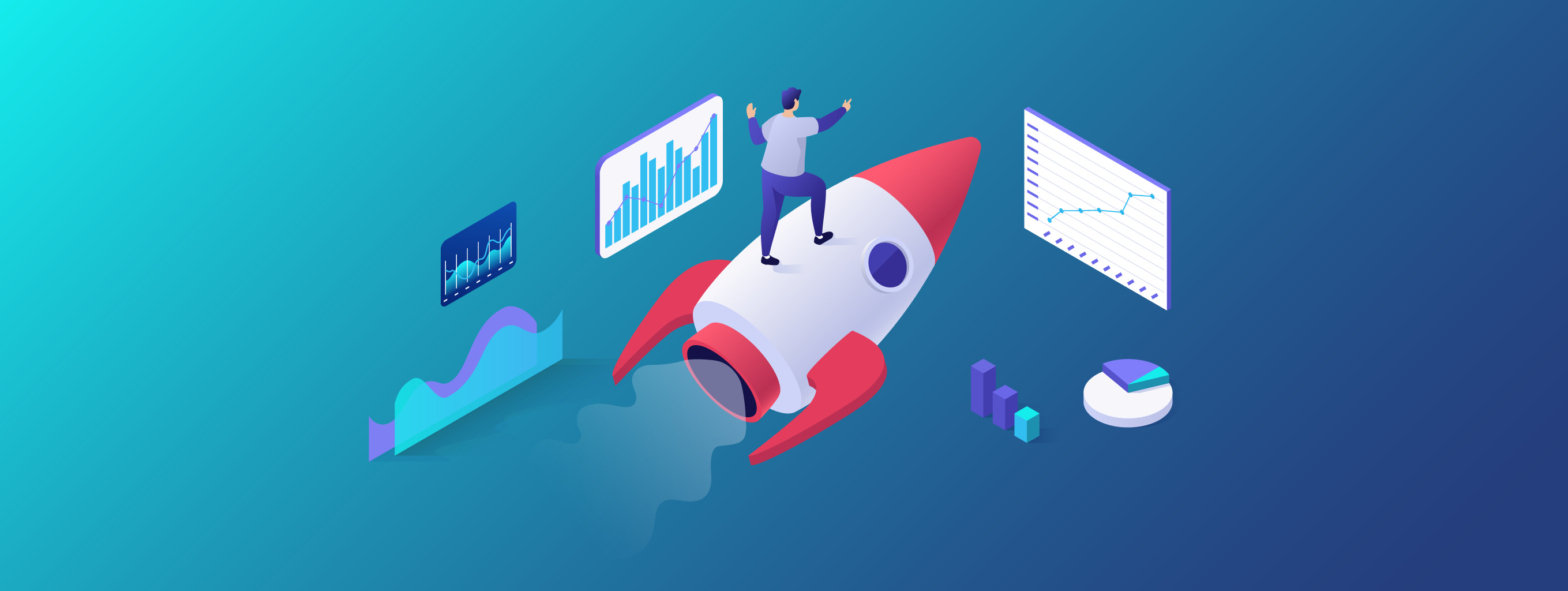
Che cos’è l’Integrated Business Planning?
Le piattaforme di Integrated business planning forniscono un approccio più unificato alla pianificazione. Esploriamo cosa…

The Consumer Packaged Goods industry is experiencing monumental disruption. Consumers’ habits are changing, with the rise of convenience eating and the desire for innovative new products, environmentally friendly credentials, and an affinity for smaller, sustainable brands causing them to shift their buying habits to new market entrants or channels.
This change leaves large-scale consumer packaged goods companies with the need to transform their traditional approaches to product planning and delivery in order to drive end-to-end efficiency across the supply chain and compete effectively.
In this blog, we explore the challenges faced by CPG companies in achieving this transformation, and how Integrated Business Planning (IBP) is gaining momentum as the solution.
The CPG industry is no stranger to efficiency, with every operational activity being fine-tuned to deliver maximum output. But it’s not just the production lines where productivity is key; every CPG business process needs to be seamless throughout the supply chain, including the business planning activities which drive the business forward.
Unlike agile new market entrants, planning in large-scale manufacturing companies is typically conducted with very little, or no, collaboration between departments. Each component part is produced independently from one another, the sales, marketing, HR, finance, and management teams sit outside of the factory floor, and demand is heavily driven by retailers. The result is a collection of disparate planning spreadsheets, sat in silos, which have been created without consideration of their impact on other areas of the business.
This disjointed approach creates a disparity between strategic, financial, and operational activities, preventing a truly seamless end-to-end process from being achieved. With no clear link between strategic goals and departmental objectives, it is hard to understand how the business will actually achieve the set targets, or how a rise in demand from retailers will actually affect production capacity and profitability further down the line.
Disruptive smaller players have neither the legacy systems nor hierarchical levels to hold them back, enabling them to establish an efficient process from the outset, compared with incumbents who face the opposite issue.
To overcome this challenge, many consumer packaged goods companies are turning to IBP to create the collaboration and cohesion needed to drive efficiency and responsiveness throughout the supply chain.
IBP solutions bring CPG data together from across the business to create a single point of truth and enable companies to:
The resulting increase in visibility, accuracy, accountability, and efficiency across all business activities drives performance, helps to identify potential cost savings, and plans in a more driver-based rather than financial approach. Take a look at this case study to understand how IBP has enabled Coca-Cola European Partners to transform its end-to-end planning approach.
Find out more about the benefits of Board for the CPG sector in this on-demand webinar.
Understand how Integrated Business Planning can transform CPG planning and analytics in this on-demand webinar